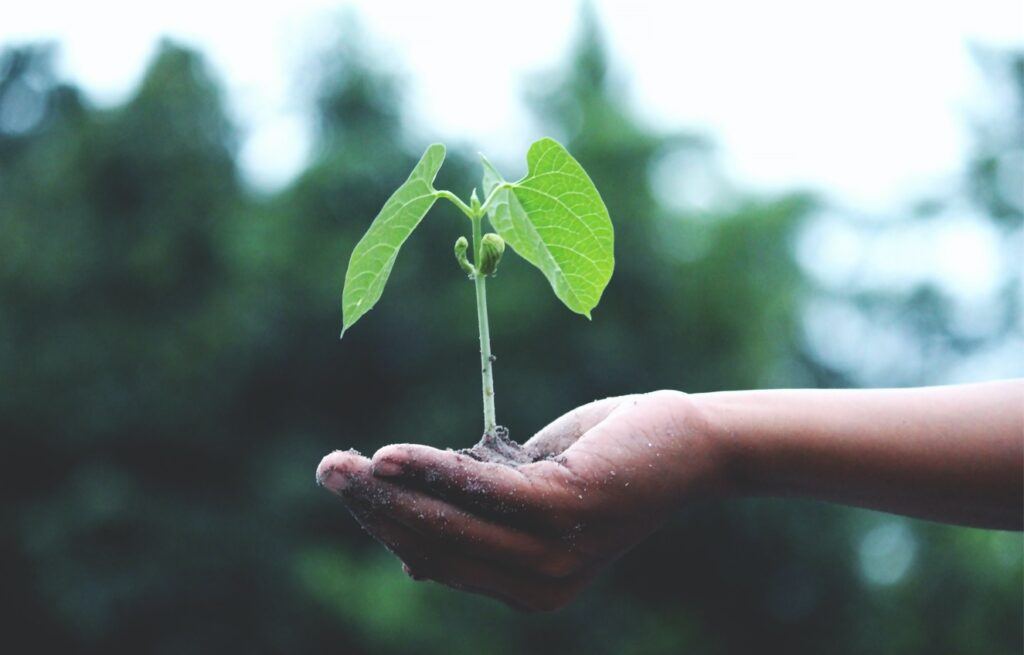Sustainability regards meeting our needs without compromising the ability of the future generations to meet their owns. While always considered as associated with the environment, sustainability can be explored in other contexts, like the economic development and social responsibility. It regards the environment as an exhaustible resource and therefore in a sustainable society humans live in harmony with the environment, trying to conserve the resources for the new generations so that everyone can live in social justice and with a high quality of life.
If harmful processes are maintained with no change, it is likely that we will run out of fossil fuels, huge numbers of animal species will become extinct, and the atmosphere will be irreparably damaged. According to sustainability concept, we have a moral obligation towards the new generations and towards the planet. One of the major benefits in embracing sustainability is that it ensures a future for everyone. It can be applied also in the corporate world, being beneficial for the companies and maximising the benefits from an environmental focus. Another significant benefit of sustainability is that it reduces the energy costs in the long term; using solar and alternative energies reduces the monthly utility bills and the consumption, helping also the businesses to become more efficient.
But how can we be sustainable? First of all it is important to remind that to choose a sustainable lifestyle does not reduce the quality of our life, but on the opposite side it makes us more fulfilled knowing that we are contributing to a better world. First of all we can choose sustainable billing options and use sustainable products. Today it is very easy to opt for them since many companies made the sustainability among one of their priorities. Moreover, we can also try to make transportation adjustments, avoiding automobiles especially for short distances, and opting instead for electric cars or bikes. In addition, since the environment is an exhaustible resource, we should prefer reusable products, cut down on plastic and recycle. We can opt for sustainable food manufacturers, deciding to buy at local markets instead that in big stores, helping reducing the carbon emissions from transportation while contributing in the growing of community and local businesses.

It is important to consider and reconsider our priorities about human well-being. Nowadays we think that the society well-being derives from the economy, but this is not correct. In reality, economy is completely dependent on natural resources and on energy of people to sustain it. That is why the priority of sustainability is: planet first, people second and production third. The planet comes first, so the environmental sustainability. Each year we deplete the resources and we use over 1.5 times the biocapacity of the earth, which is the amount of renewable resources
produced by the earth and that can be used. The real goal of sustainability is to reduce the ecological footprint in order to be able to live within the limits of earth biocapacity. The benefit could not be clearer: the environment will be able to sustain people and all the other life, indifinitely. Sustainability impacts individual well-being with the practice of simple living. The impacts of this kind of living are profound. People are more focused on things that regards their well-being such as relationships, self-improvement and different life experiences including cultural and social ones. Sustainability also promotes a healthier living, encouraging walking or cycling or using fresh local food and natural products.
Sustainability helps in creating a healthier society overall, including pro-social behaviour such as sharing, giving and supporting each other for mutual benefit. As we said before: production third. What does a sustainable economy means and look like? First of all, the basilar pillar is that we do not need a bigger economy, but a better one, and sustainability helps in reaching that through reduced consumption and encouraging distributed, local production over centralised production. Local productions has environmental benefits over centralised or offshore production. Moreover, in a sustainable economy, smaller-scale production also has societal benefits by creating jobs and boosting local economies. Sustainability also encourages products of better quality, more durable and more useful. Sustainability is the key to a better future. Humans rely on natural resources for business, activities, and survival. Ignoring sustainability can lead to the exhaustion of natural resources.

Sources:






